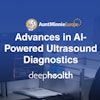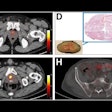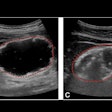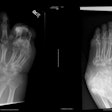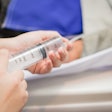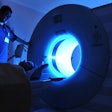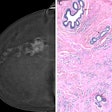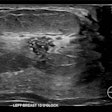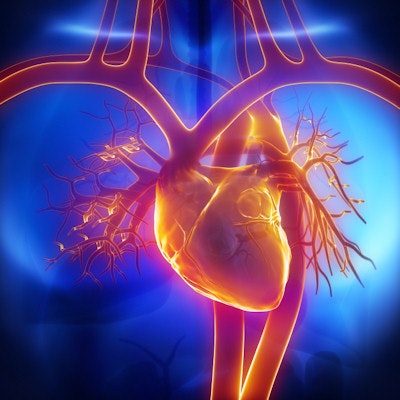
CHICAGO - Using cardiac MRI, researchers from Germany found that going without sleep for a short period of time appeared to affect cardiac function in radiologists. Results of the study were presented at the RSNA annual conference.
"For the first time, we have shown that short-term sleep deprivation in the context of 24-hour shifts can lead to a significant increase in cardiac contractility, blood pressure, and heart rate," said Dr. Daniel Kuetting from the department of diagnostic and interventional radiology at the University of Bonn.
"The study was designed to investigate real-life work-related sleep deprivation," he said. "While the participants were not permitted to consume caffeine or food and beverages containing theobromine, such as chocolate, nuts, or tea, we did not take into account factors like individual stress level or environmental stimuli."
The small study consisted of 20 healthy, young radiologists: 19 men and one woman. The subjects underwent 1.5-tesla cardiac MR (Ingenia, Philips Healthcare) before and after a 24-hour period during which they slept for an average of three hours.
"Cardiac function in the context of sleep deprivation has not previously been investigated with cardiovascular MRI strain analysis, the most sensitive parameter of cardiac contractility," Kuetting said.
The researchers found adverse changes in multiple heart function parameters.
| Heart function changes | |||
| Parameter | Before sleep deprivation | After sleep deprivation | p-value |
| Systolic blood pressure | 112.6 mm Hg | 118.5 mm Hg | 0.017 |
| Diastolic blood pressure | 63.9 mm Hg | 71.5 mm Hg | 0.021 |
| Heart rate | 66 beats per minute | 71.4 beats per minute | 0.0002 |
| Peak systolic circumferential strain | 22.3% | 23.9% | 0.011 |
| Peak systolic longitudinal strain | 21.4% | 23.1% | 0.005 |
Sleep deprivation was also associated with increases in levels of thyroid stimulating hormone, thyroid hormones FT3 and FT4, and cortisol, a hormone released by the body in response to stress. Left-ventricular ejection fraction, noradrenalin, glucose, and insulin levels were unchanged (p = ns).
"These findings may help us better understand how workload and shift duration affect public health," Kuetting said, especially in the context of shift work and in cases where individuals take on more work to meet economic necessities. He said the pilot study's findings may be transferable to other professions in which long periods of uninterrupted labor are common.
In commenting on the study, Dr. Suzanne Steinbaum told AuntMinnie.com, "This is a study that is close to my heart, as I spent a good deal of my life staying awake in residency, but it affects more than just hospital staff. There are many jobs that require 24 hours on duty, such as firemen and emergency medical technicians." Steinbaum is an attending cardiologist and director of Women's Heart Health at Lenox Hill Hospital in New York City.
"But even in this small study, it shows there was an increase in cardiac contractility, and heart rate and blood pressure," she said. "It shows these 24-hour shifts aren't necessarily good for the heart and can have an effect, at least in the short term."
Steinbaum also noted that the increase in stress hormones may have an unknown effect on the heart when those 24-hour shifts add up over time.
"We need to know if this is a cumulative effect, because it may be that these 24-hour shifts aren't the best for the health of the individual," she said
She also pointed out that the participants in the study were relatively young -- their average age was 31.
"I think that among older workers, the impact of 24-hour shifts would be much more significant," Steinbaum said. "We are already seeing an effect in younger people; imagine what happens to the heart over a 10-year period or 20 years."
She agreed with Kuetting that more study with a larger and diverse cohort is required.


